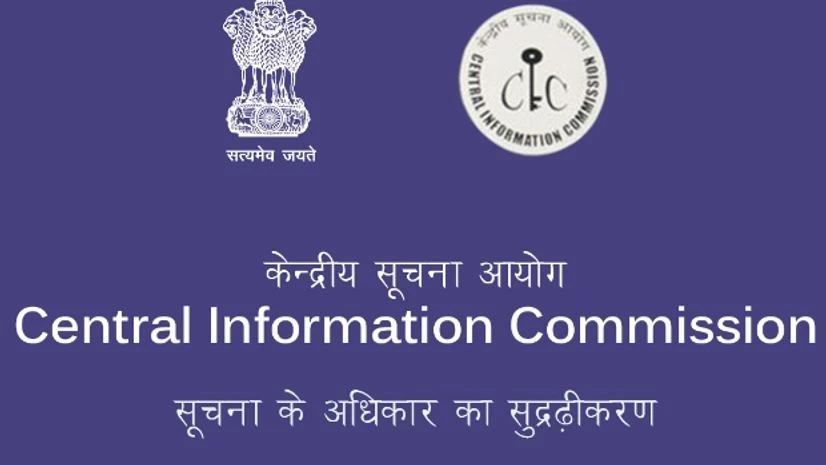Draft orders prepared by judges are confidential and cannot be disclosed to RTI applicants, the Central Information Commission has held.
Relying on a Supreme Court order in which it was observed that "judges may, and often do, discuss the matter among themselves and reach a tentative conclusion. That is not their judgement. They may write and exchange drafts. Those are not the judgements either, however heavily and often they may have been signed..."
"Even the draft judgement signed and exchanged is not to be considered as final judgement but only tentative view liable to be changed. A draft judgement therefore, obviously cannot be said to be information held by a public authority," it had said.
The case related to one Milap Choraria who had sought to know from the Calcutta High Court the rules under which the draft order was destroyed.
The high court had said Choraria is seeking draft order of the judge which is confidential and not public document.
"The respondent stated that the photo copies of the order prior to its finalisation cannot be supplied since it has been destroyed as per usual practice. The respondent stated that the High Court's Rules are available on its website," Chief Information Commissioner R K Mathur noted.
More From This Section
The high court had sought dismissal of the application on three grounds.
Firstly, that his first appeal was barred by law of limitation and no reason has been given to condone the delay. Secondly, draft order which is not signed by the judge is not a public document.
Thirdly, appellant is seeking legal opinion, which is not the "information" as per the definition of the information under the RTI Act.
Dismissing the appeal and relying on the Supreme Court order, Mathur said, "Even if the appellant could have filed this appeal with delay condone application; the information sought by the appellant cannot be disclosed.

)
